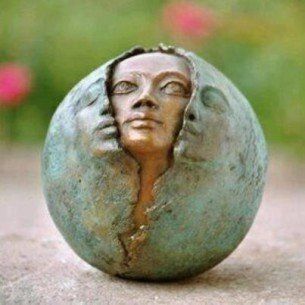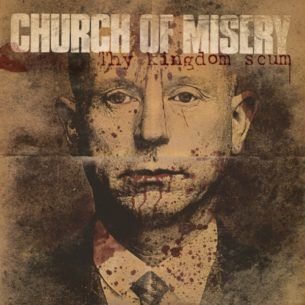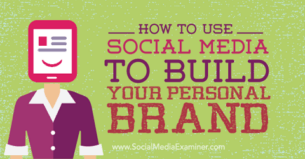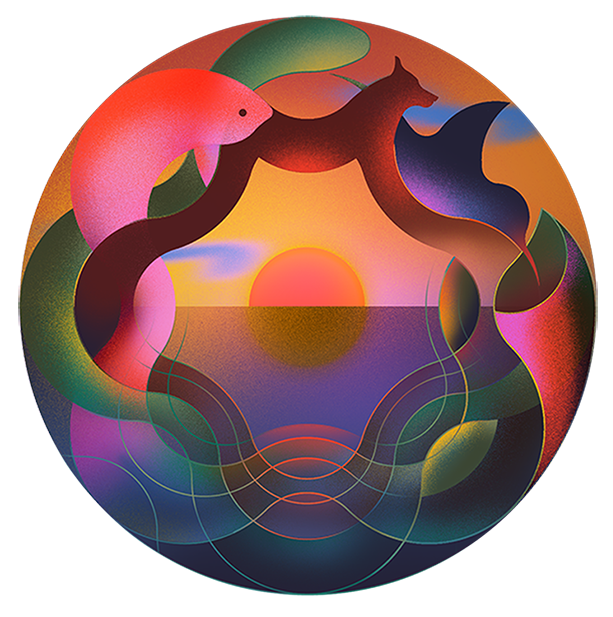Principle of
UNITY
in Health
“Upon the conduct of each depends the fate of all.”
- Alexander the Great
READ and LISTEN along the Principle of UNITY
What we are going to look at in this series are a sequence of universal, holistic principles as they apply to the microcosm of human health and wellbeing. Of course, we would not be truly holistic without also looking at their relationship to the macrocosm of our world.
We do not exist in isolation of course – even if it has felt that way sometimes. In fact, if the isolation and interruption of ‘business as usual’ during last year has shown us anything, it is how much we affect the world and how the world affects us.
Let us begin by breaking down this first principle, the principle of Unity.
” Everything is interconnected and interdependent, and as such has purpose, functionality, and a reason to be…To exist is to have value in and of itself.”
Ponder that for a second. You are here. You exist. The very fact of your existence means you have a purpose, functionality, and a reason to be. Your being has value in and of itself. So why is that hard to feel sometimes?
Self-esteem -”The thing behind the thing”
Probably the biggest (and best hidden) cause of physical and psychological disease is the ’enemy’ within: low self-esteem. It is the software driver behind the self-attack of auto-immune disease and the deadly inflammatory responses they create.
While inflammatory-based diseases are rightly targeted in medicine as the cause behind the biggest killers (cardio-vascular disease, cancer, diabetes and obesity, among others), what causes them? The plethora of gut bacteria destroying chemicals, sugar, gluten and poor quality, overly processed components in food? The food itself coming from exhausted, chemically toxic soils – or, for that matter, exhausted, chemically toxic animals? Pollutants from the air? Mercury, plastics and deadly radiation in food from the sea?
The easy answer is” Yes” to all of the above. Then again, no one is holding a gun to our head to make us consume those products or support those industries that hurt both us and the planet. There must be a driver behind this – the “thing behind the thing”.
We know how we feel when we abuse ourselves with food and drink that we know is not good for us. There is now more than enough evidence to link these habits with inflammatory states and all the misery and disease that brings in both the short and long term. As the saying goes, “Most suicides are committed with a knife and fork.” So why do we do it?
“Killing me softly” – the human misery of low self esteem
Self-esteem is most commonly linked with self-worth. While that is true as far as it goes, it is really only the tip of the iceberg. What everyone has in common is the need to give and receive love. What makes us weird, wild, wonderful and different are two things:
- The form or ‘template’ of love we are taught
- The way we go about giving and receiving love based on that template
In an ideal world, we are loved for simply being. That is, our very existence is worthy of love. It is this acceptance and love for just being that builds self-esteem. Happy and care free in our world we are only concerned with being, well, ourselves. We exist. We are enough.
But what if something comes along and interrupts this download? What if, for example, we are taught that life is a competition with others? What if we learn that we are only worthy of receiving love if we do what others expect of us but not if we don’t?
If we repeat these patterns often enough there will come a time when we are asked (or ask our self) what we want. To our disturbing surprise, we may simply find we no longer know. So, we look outward into the world to fill our emptiness.
From this state of psychological poverty and malnutrition we become ripe targets for diversion and addiction: Addiction to success and “winning”; addiction to “buying stuff to feel enough”; addiction to the endless “weapons of mass distraction” (social media, television, entertainment ) that disconnects us from Self and nature. Speaking of nature, these enculturated programs have ramifications for our planet as well. More on that a little later.
Culture is not your friend and you are not your “character”
Culture – or more accurately put, our enculturation – is the collective programming that divides and conquers the unity with Self and the natural (and supernatural) world. Cultural values by definition are not universal. They are purely relative to a socio-economic, political, moral and religious time and place. As such they change with time and place. Their ‘truths’ can only ever be relative ones.
The enculturation process is the creation and reinforcement of our character role and story – as scripted by the culture we are in. It does not allow for much deviation from that story. If we stray too far from a culture’s values we are forced back into line through criticism, shame or punishment.
The separation from unity and the longing for lost connection
Now we come to the deeper meaning of low self-esteem and its effect on micro and macro-cosmic health. Unlike many insects, birds, animals and sea creatures, a human baby cannot survive unattended for long. Abandonment means death.
If we have learned familial, social and cultural programs we can be easily controlled by the threat of abandonment. They are all forms of conditional love. Unless we have had enlightened parents and grown up in an enlightened society, we have learned the existential terror of love withdrawn.
We usually go on to act out these patterns in our own relationships as well. We learn from the roots of our beginnings that we cannot depend upon love being there all the time. It is at this point that we shut our Self down and act out through our culturally reinforced characters in an endless outward search for love’s existential confirmation.
Looking for love in all the wrong places
“The next thing/relationship/purchase…is going to give me what I need to feel whole.” When we suffer from barely repressed existential terror, we generate a lot of stress. The hormones and neuro-transmitters of stress paralyse our rational thought, age us before our time, lower our immunity and provide the kindling for inflammatory states in the body.
When we do not feel enough, we create, reinforce and promote an image of ourselves to others – as if we are a product or ‘brand’ to be sold for the best price. One that is more highly valued by our cultural tribe and can therefore keep us safe from rejection, abandonment and ‘death’.
Me/We
“Every connection in the web that is disconnected, removes a set of possibilities. This often directly translates into a loss of health, on the macro and micro levels.”
When we separate from our Self and retreat into our enculturated character we become dis-eased. That in turn removes a set of possibilities for us to work in harmony with the natural systems, which harms their health as well. We cannot help but harm the planet in the same way we have harmed ourselves.
This is how we find ourselves split into cognitive dissonance about our planet today: On the one hand we see the ecocide going on and wish we could help. On the other we have split ourselves both within and from nature making us part of the problem.
The saying: “If you want to change the world, change yourself” applies to healing too.
If we want to heal the planet, we need to heal ourselves. They are mirror images of the same unity.
Until we unify ourselves from within. Until we can let go of our encultured character’s image and its endless, consumptive neediness. Until we reunite with our Self, we cannot heal or heal the planet. This is the personal message given to us by the Principle of Unity.






